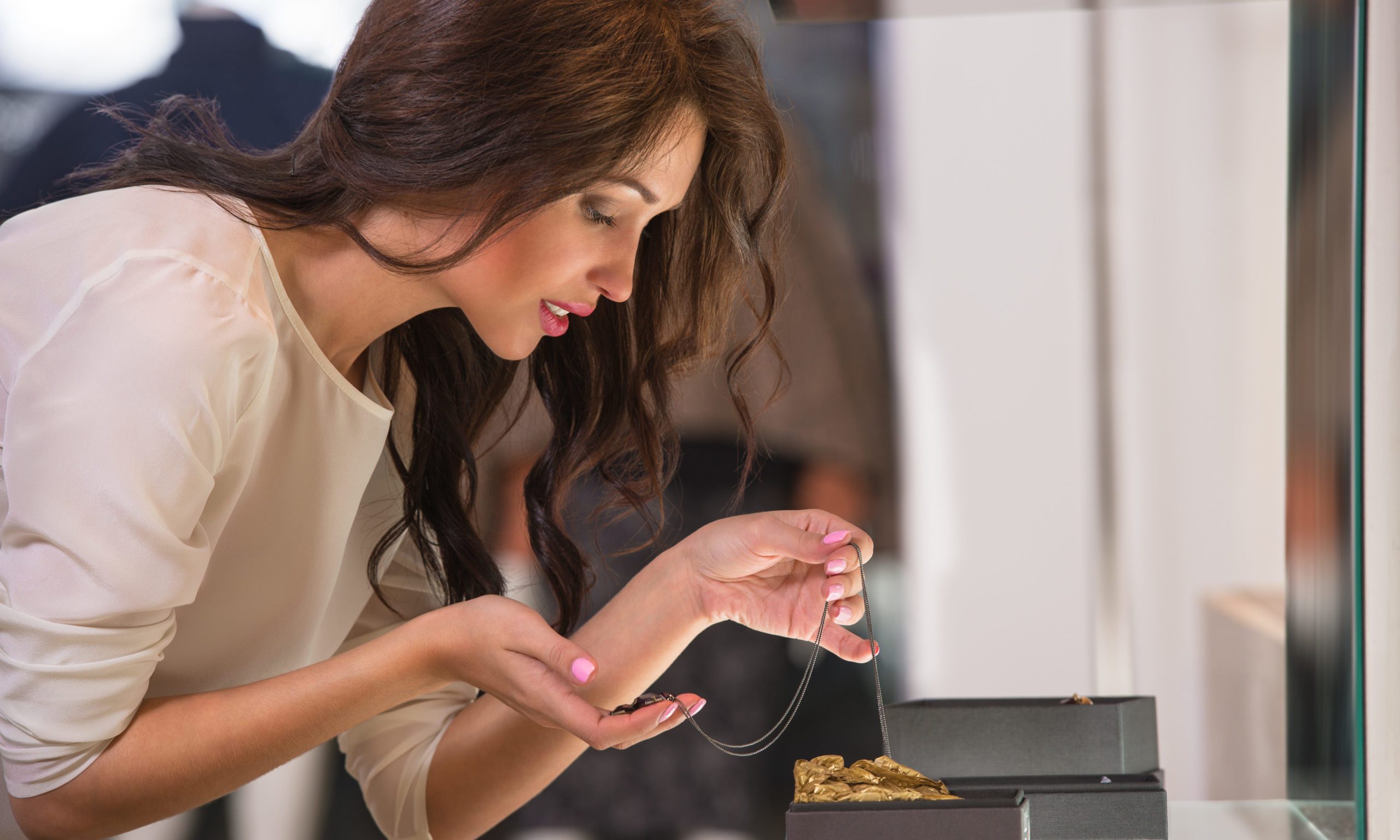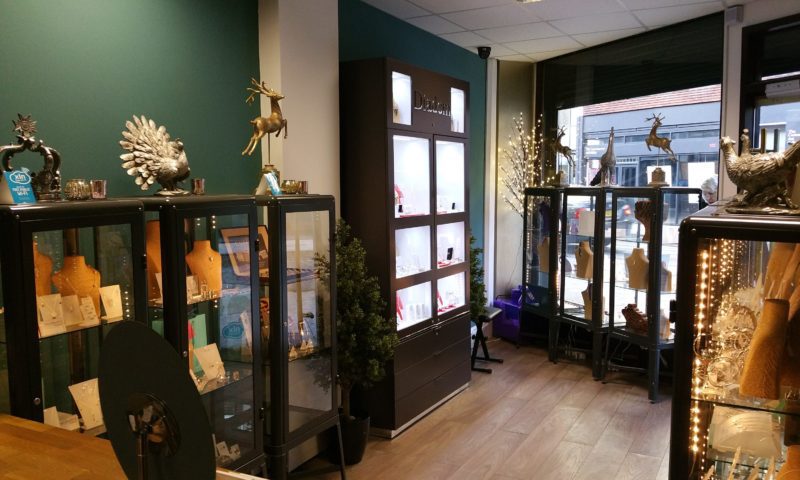Register to get 5 free articles
Reveal the article below by registering for our email newsletter.
Want unlimited access? View Plans
Already have an account? Sign in
Most sales assistants do not know the real reason why a customer returns a piece of jewellery, especially after the holidays. Therefore, they ask the customer: “Can I show you something else?” “What was it you didn’t like?” These questions turn off customers because they are interrogating and this puts them on the defensive. From there on it’s usually all downhill and they get their money back and seldom return. There is a transition to make when the customer brings in a return.
First you must always remember jewellery is an emotional purchase. It is the most emotional of any item that is sold. Nothing else comes close and the price has nothing to do with the emotion. The reason is that salespeople thought the customer was returning a piece of jewellery. Quite the contrary. They were returning what could have been a wonderful memory of their birthday, anniversary or Christmas. There was a disconnect between the customer and the salesperson. I learned this from my father Harry Zell who not only was a great mentor, but always tuned into his customers’ emotions.
I told you this story in a previous article, but it bares mentioning again. When I was 21 years old and began my first day in our family store, Zell Brothers, my father asked me: “Lenny what do you see in our showcases?” I answered: “Diamond, emerald, ruby and sapphire jewellery”. Much to my surprise he said: “That is not what we are selling. We are selling memories.” I never forgot that and I am sure I will mention it again in future articles. Ask any lawyer and they will tell you the first thing the heirs ask about when settling an estate is: “Where’s the jewellery?”
Now you know why this is a sensitive moment and must be handled using common sense. In other tell words follow the Golden Rule of Zelling. Sell the same way you would like to be sold to. Ask yourself, what would you want the salesperson to say to you? First, smile. Remember you are not working in a funeral home. Then say: “I will be glad to take care of this for you. Chances are you had something else in mind. This is a statement, avoid making it sound like a question. Be quiet and let them talk. When they pause remain quiet and let them talk more and you will hear the real reason. Most salespeople interrupt after a customer pauses and that kills what could have been a larger sale.
After they tell you the reason you can say: “I understand and hank you for sharing that with me. By the way my name is Robert Jones.” Be quiet and they will tell you their name which is Mary Smith. “Mrs. Smith, there is something I would like to show you and have you try on.” These are the reasons you connected with the customer’s emotions:
- You avoided all questions
- You smiled throughout the entire conversation
- You talked to the customer’s eyes and avoided talking to the jewellery
- You said, “I’ll take care of this for you.” This puts your customer at ease and implying there will be no problem without saying it
- You introduced yourself establishing trust, personalised the sale and showed you really cared
If you do all five of these, you will not only save the sale, but you will have a repeat customer who will remember you, because you smiled, let them talk, said you understand, introduced yourself, addressed them by their name and said you have something you would like her to try on. Why does this work, because instead of remaining anonymous, you introduced yourself and this showed you wanted to be their friend.
This feature first appeared in the January 2017 issue of Jewellery Focus



















